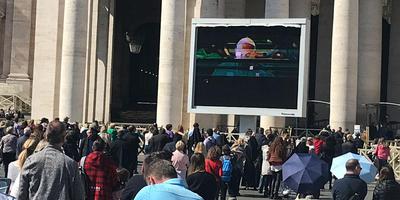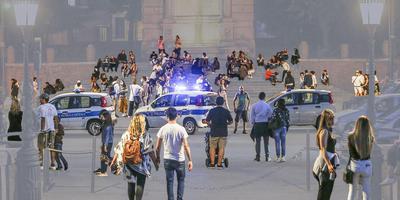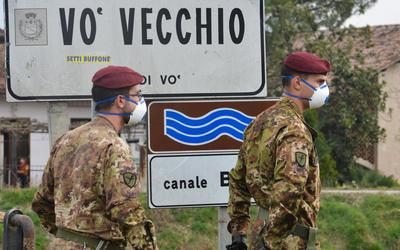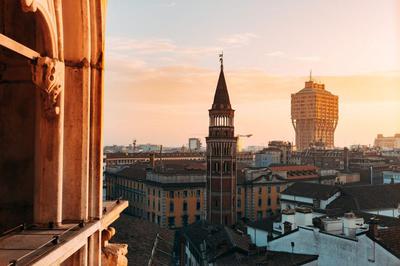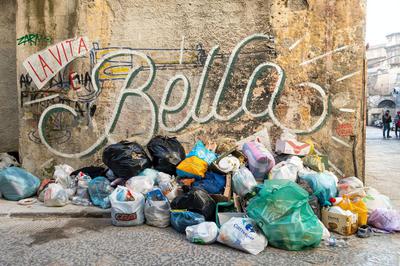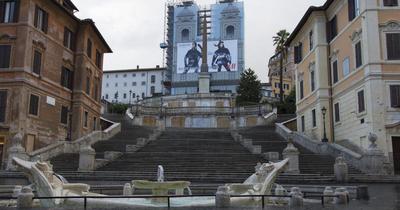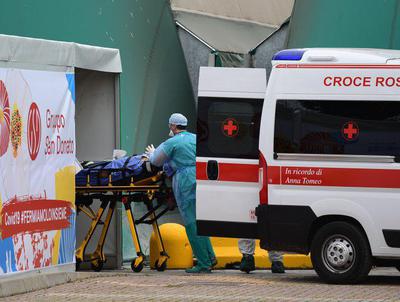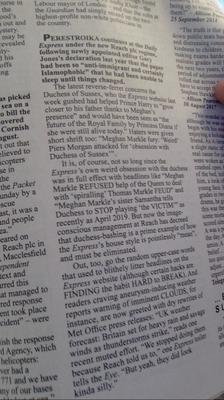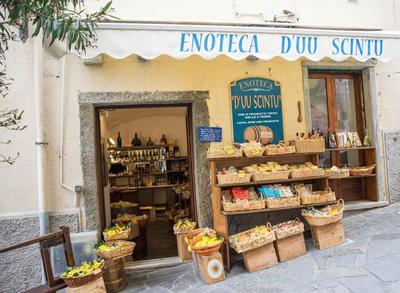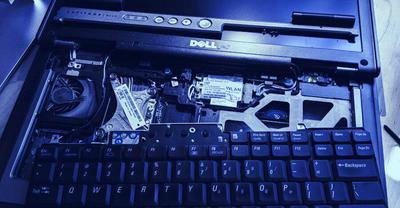
The Last Stand at Steve Bannon’s “Gladiator School”
At a café in a mountain town east of Rome, Benjamin Harnwell was wondering which of the five thousand applicants to his right-wing “gladiator school” he could introduce to a reporter without embarrassment. He thought of four, and dialled one up. “A journalist is looking to speak to some students,” he said into the phone, “and I don’t want him to wind up talking to some skinhead.” He listened, a religious medal rattling against his chest, his slicked-back hair shining. Harnwell hung up, saying th


